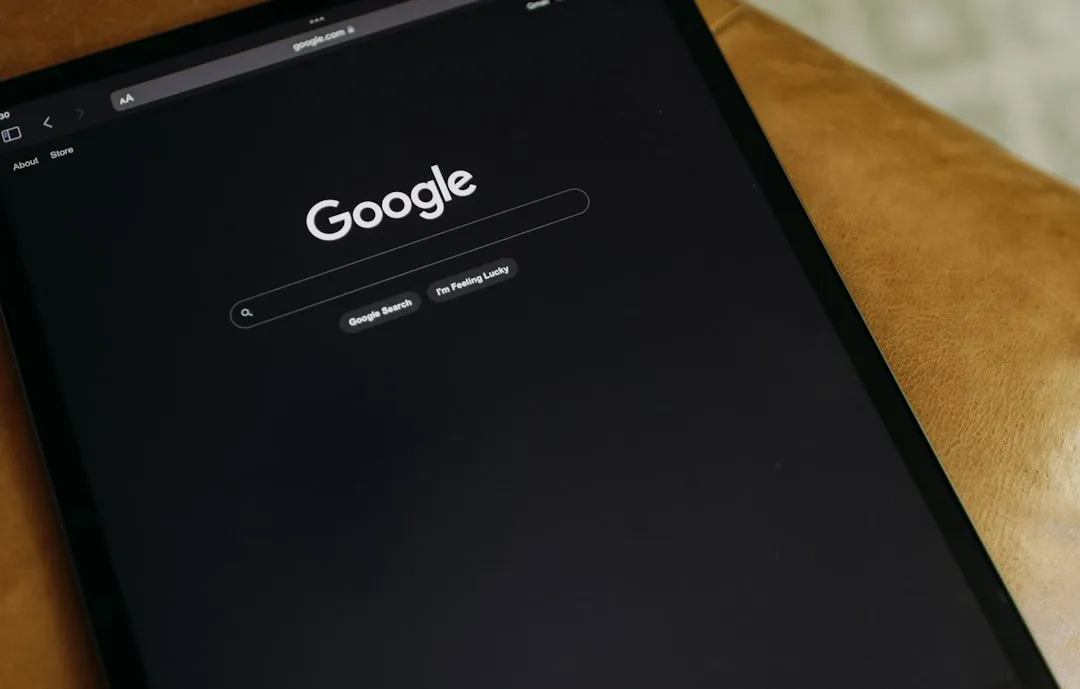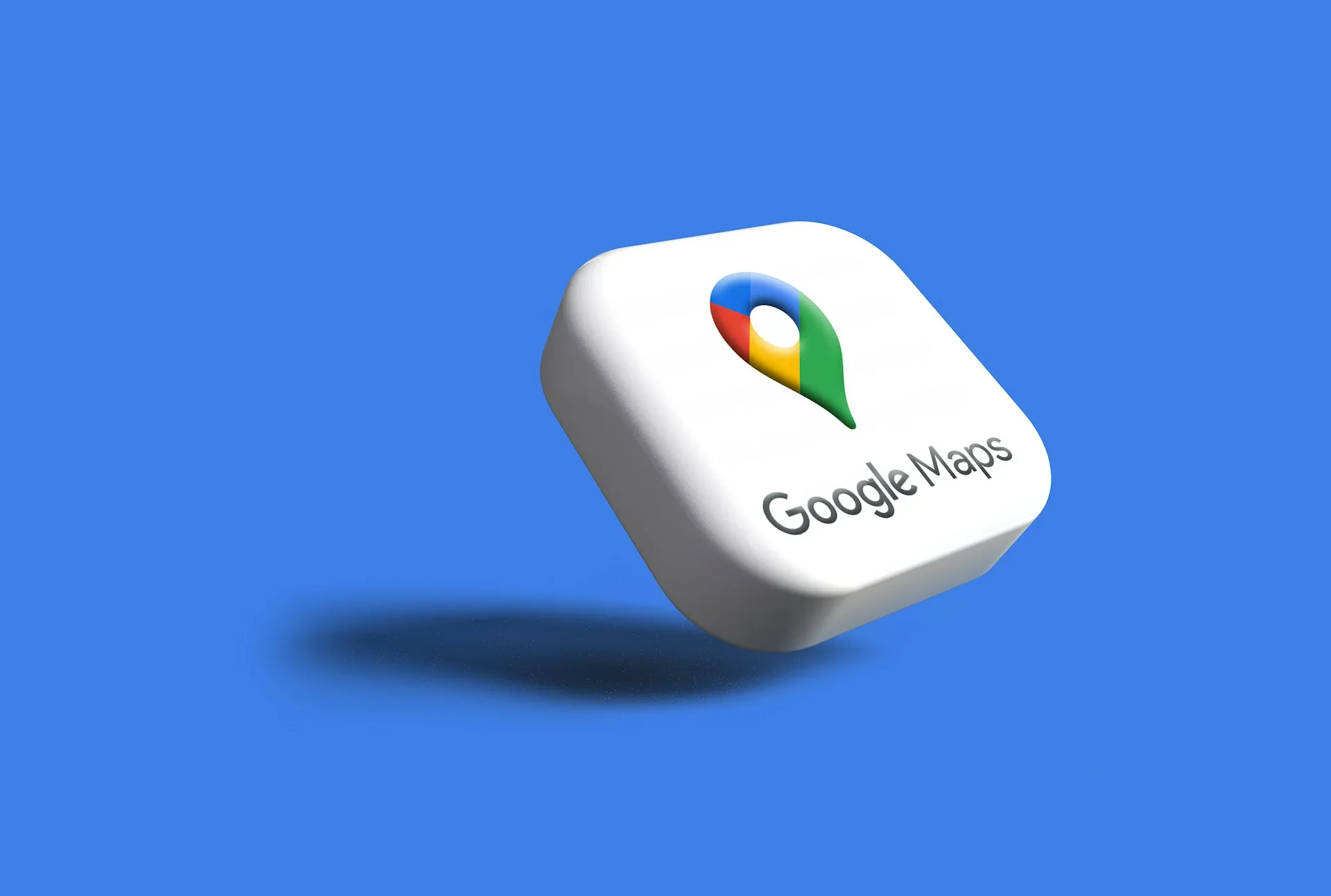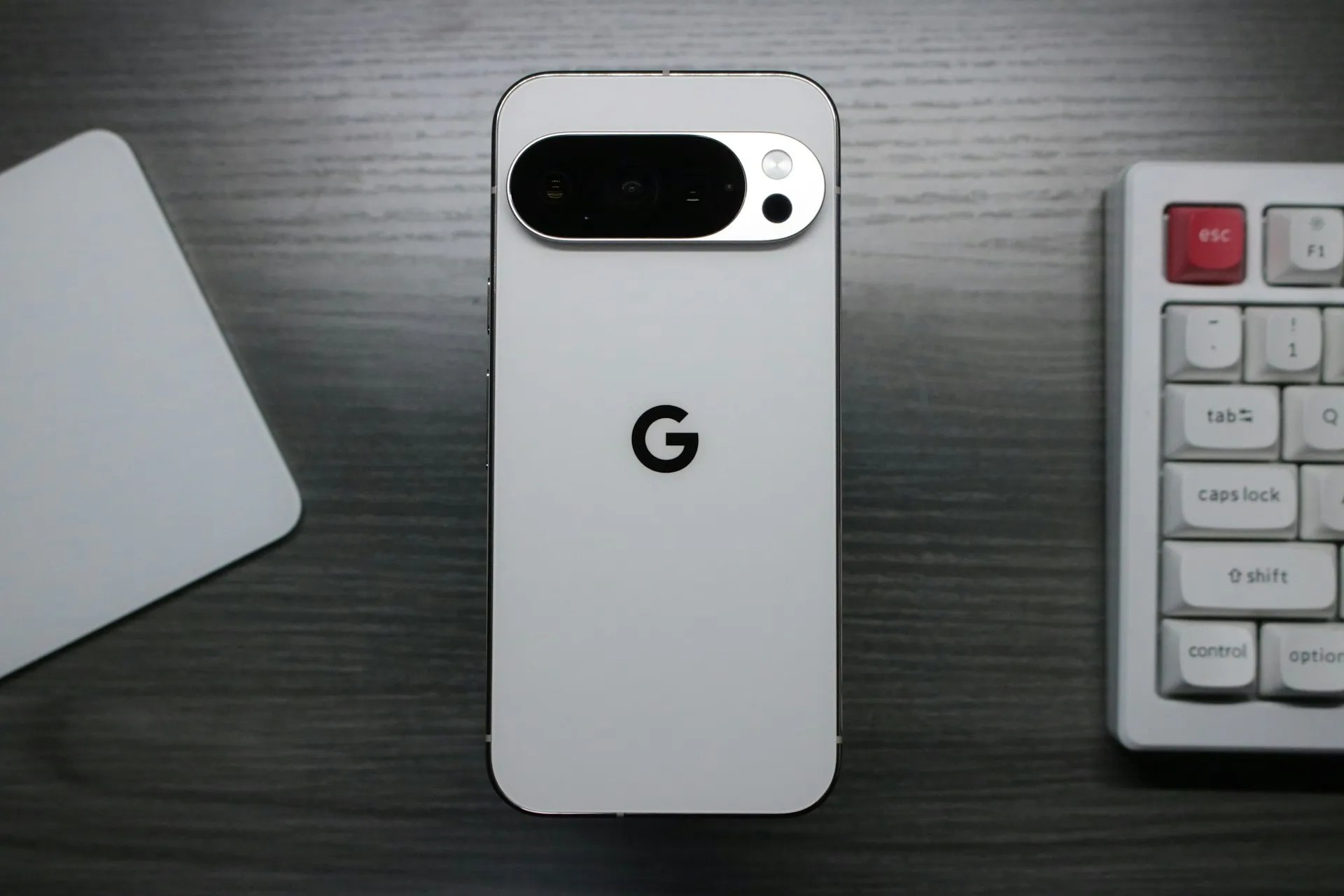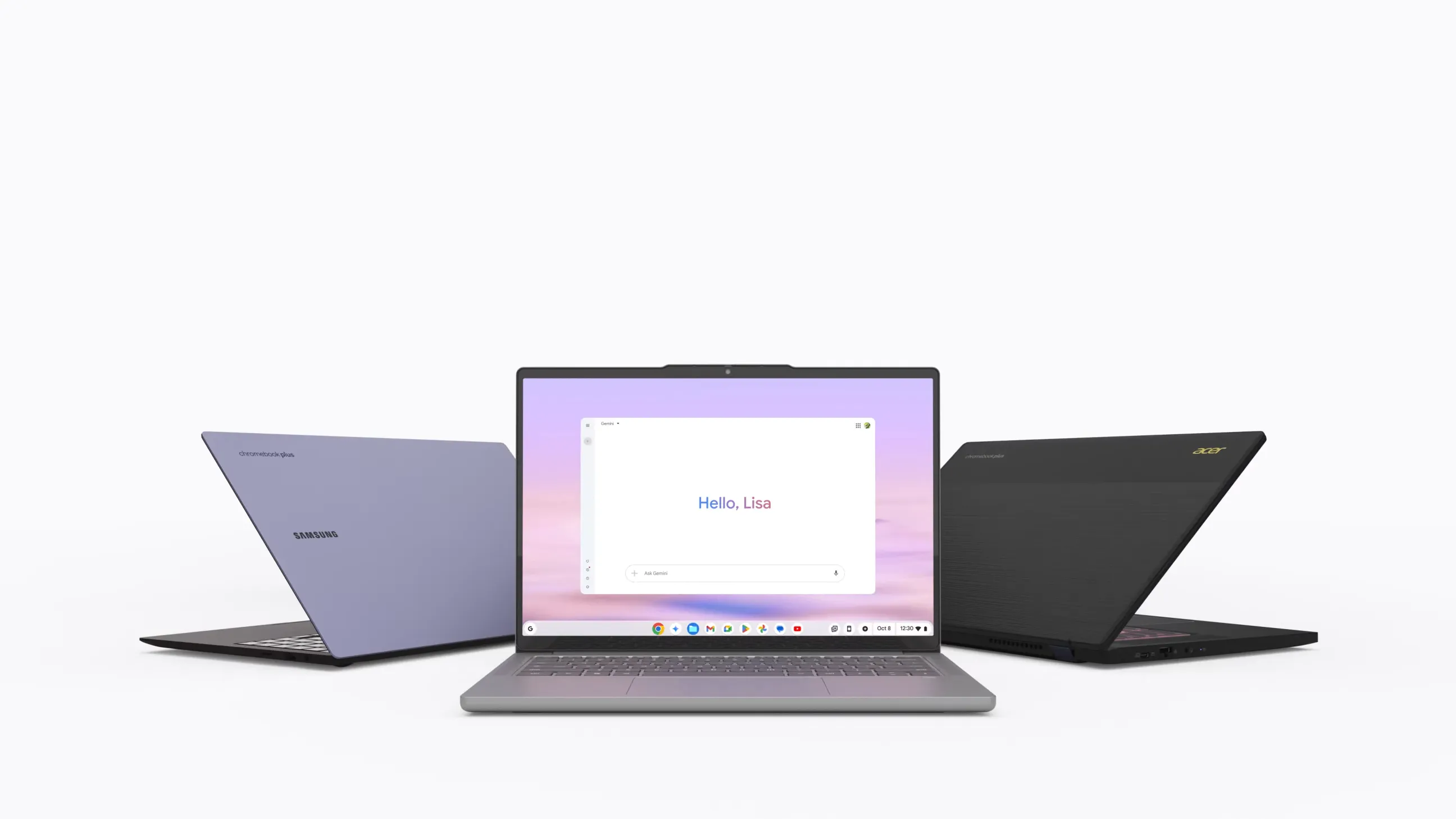Reviewed by: Jame Jimenez
You know, there’s something pretty exciting happening over at Google right now. The tech giant is rolling out major AI upgrades that are changing how we discover entertainment. I’m talking about Gemini AI coming to Google TV Streamer, and some seriously impressive Play Store improvements that go way beyond a typical app store update.
This is not just another feature rollout. Google is reimagining how you interact with your entertainment ecosystem, building a unified setup where your TV learns complex family preferences, while your phone’s app store actually feels intuitive about what you are trying to find. So, what makes this shift so compelling?
What makes Gemini's TV integration so compelling?
Here’s where it gets interesting. Gemini on Google TV Streamer brings conversational AI straight into the living room experience. According to Best Media Info, this is not a routine voice search tweak. It can handle complex queries like, “I like dramas, but my wife likes comedies. What’s a movie we can watch together?”
Picture the scene. Couch, remote, no arguing over apps. Instead of hopping between services trying to land on a compromise, you have a quick conversation with your TV. The AI processes the nuance and returns options across your subscriptions, so you can skip the endless scrolling and get to watching.
The system shines with entertainment-specific features like plot recaps for those foggy season finales, trend discovery, and content matching across services. Best Media Info also reports that Gemini extends this conversational approach to educational content, from explaining volcanic eruptions to kids to walking you through a DIY task, which turns the TV into a handy household companion rather than a distraction.
The whole experience is tuned for a TV screen, with visual aids and quick, digestible summaries designed for the living room. Early user feedback suggests significant improvements in search relevance compared to the previous Google Assistant technology. You press the microphone button, you speak normally, it gets you.
How is the Play Store becoming more personalized?
The Play Store’s overhaul centers on the “You Tab,” a move from generic discovery to personal curation. As Engadget explains, it acts as a hybrid profile and recommendation hub that links your gaming achievements with app preferences and streaming suggestions, creating a single view of how you actually consume entertainment.
From that hub, you can see universal game profiles next to tailored recommendations from streaming services available through the Play Store. The smart bit is the bridge between formats. Your gaming tastes can influence what shows or apps you see, and your streaming habits can nudge game picks in return.
Google’s regional content strategy shows where this is headed. There have been targeted approaches like a Cricket Hub in India and a Comics section in Japan, and now Korea is getting an Entertainment section that pulls together short-form video apps, webcomics, and streaming services. The report continues that content from these apps can be sampled directly inside Google Play globally, so users in the US can read webcomics and watch K-dramas in the Play Store interface without downloading separate apps first.
That sampling turns app discovery from a commitment-heavy download into a relaxed browse, closer to flipping through streaming carousels than combing through install pages.
What’s driving the AI-powered search revolution?
The big swing is “Guided Search.” Engadget notes that instead of matching keywords against app titles, Gemini AI sorts results by what you want to accomplish.
Type something goal-oriented like “apps for learning guitar” or “games to play during my commute.” The system understands the context and groups results into meaningful buckets, like beginner-friendly music apps versus advanced theory tools, or quick casual games versus offline-friendly RPGs.
This context carries into individual app pages through the expanded “Ask Play” feature, which lets you ask questions about specific apps and get AI-generated responses. Instead of sifting through reviews to see if an app works offline or plays nicely with your device, you can ask directly and get a targeted answer.
The system keeps learning. It refines your profile based on what you download, how you use those apps, the content you engage with, and even seasonal patterns in your entertainment habits. Not just a history of installs, a living snapshot of your digital behavior.
Where does content discovery go from here?
These updates point to Google’s bigger plan, a connected, AI powered entertainment ecosystem across devices. Best Media Info reports that Gemini is expanding beyond TV to smart home devices like Nest speakers, which hints at a setup where all your screens and speakers understand context and hand off recommendations smoothly.
The rollout shows a careful cultural approach. According to Engadget, Play Store updates started in countries with Play Points programs, the US, UK, Japan, and Korea, with more markets getting access starting October 1st. That staggered release gives Google room to tune features for different content tastes and norms.
There is also some honesty about limits. The company acknowledges that AI results can vary and users should verify accuracy for complex queries. Fair enough. Better to set expectations than overpromise.
Zooming out, entertainment discovery is becoming conversational and context aware. Instead of digging through menus or guessing which app has that show, you talk to your devices about what fits your mood, your situation, your evening. The real test is whether these systems adapt to the messy, unpredictable ways we watch, play, and learn. My hunch, based on Google’s direction, is that great discovery will be less about finding something to watch and more about surfacing the right thing at the right moment, with the simplest ask possible.
Image via Google
























Comments
Be the first, drop a comment!